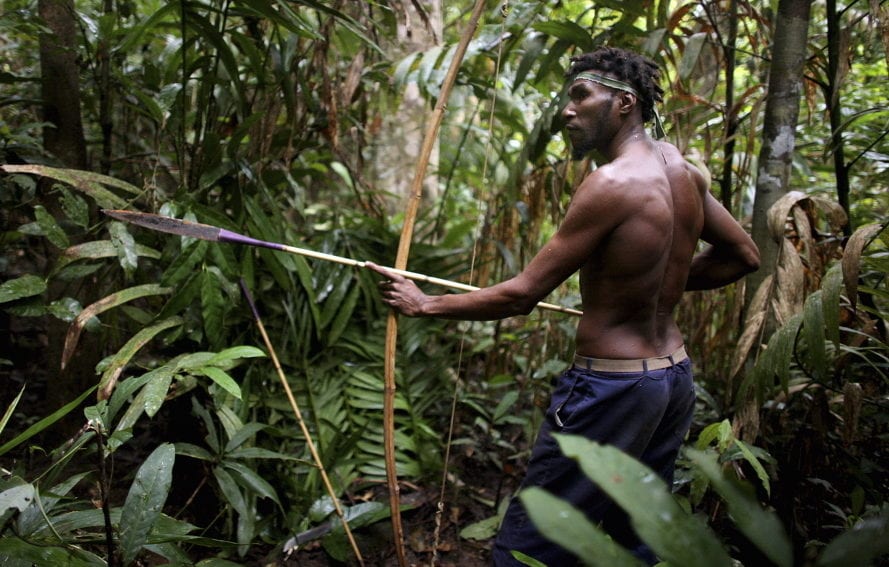By: Nithin Coca
Send to a friend
The details you provide on this page will not be used to send unsolicited email, and will not be sold to a 3rd party. See privacy policy.
[PARIS] The Pacific region’s first payment for ecosystems services, dubbed the Nakau Programme, is now ready, according to representatives from Vanuatu and the non-profit Plan Vivo Foundation and Live and Learn which officially launched the programme during the COP21 summit in Paris.
The Nakau Programme is part of the REDD+ scheme — Reducing Emissions from Deforestation and Forest Degradation — a mechanism created under the UN Framework Convention on Climate Change whose member countries are meeting in Paris this month.
The programme, which took five years to develop, meets international standards set by the Vivo Foundation and received funding from the European Union and the Asian Development Bank.
It aims to give indigenous communities money for protecting forests as they would receive for cutting them down, with the ultimate goal of transforming the economic incentives that drive deforestation.
“The Nakau Programme can be a game changer in the Pacific as it provides an opportunity to allow communities to earn income in return for their commitment to protect virgin rainforests.”
By Jotham Napat, director general of the ministry of climate change in Vanuatu
Pacific island countries are already facing rising sea levels and drought due to climate change. Protecting rainforests — and the services they provide — is crucial to helping the region adapt to climate change.
“We are many low-lying islands, with rural populations who depend on natural resources,” says Jotham Napat, director general of the ministry of climate change in Vanuatu. “The Nakau Programme can be a game changer in the Pacific as it provides an opportunity to allow communities to earn income in return for their commitment to protect virgin rainforests.”
“Indigenous people from these areas have relatively few options for economic opportunities,” says Nakau Programme co-founder and director Robbie Henderson, citing their remoteness to markets, limited infrastructure and access to communications. “Their most accessible form of income is often a timber contract.”
“The Nakau Programme provides, for the first time, a new option for local communities to exploit their forests for timber resources sustainably,” says Henderson.
He notes the programme aims to provide not only a reliable source of income but also training to help expand economic opportunities.
“(Our projects) create crucially important social capital to kick-start other businesses that can benefit from this conservation (programme), leading to diversified income streams,” says Henderson.
Carbon credits from the Nakau Programme will initially be sold by Sweden-based ZeroMission. The programme plans to later expand to more sites in the Pacific region.
Currently, 4,610 hectares of land are under protection. The largest is the protected 2,407-hectare Sasaboe Rainforest Conservation Project in the Solomon Islands, which is producing 40,980 carbon credits annually. The land is jointly owned by the Sirebe and Boeboe clans.
According to Henderson, the majority of benefits flow through to the indigenous people. The projects are all set up as local entities that own them, with the Nakau Programme merely assisting in management as service providers.
This piece was produced by SciDev.Net’s South-East Asia & Pacific desk.














